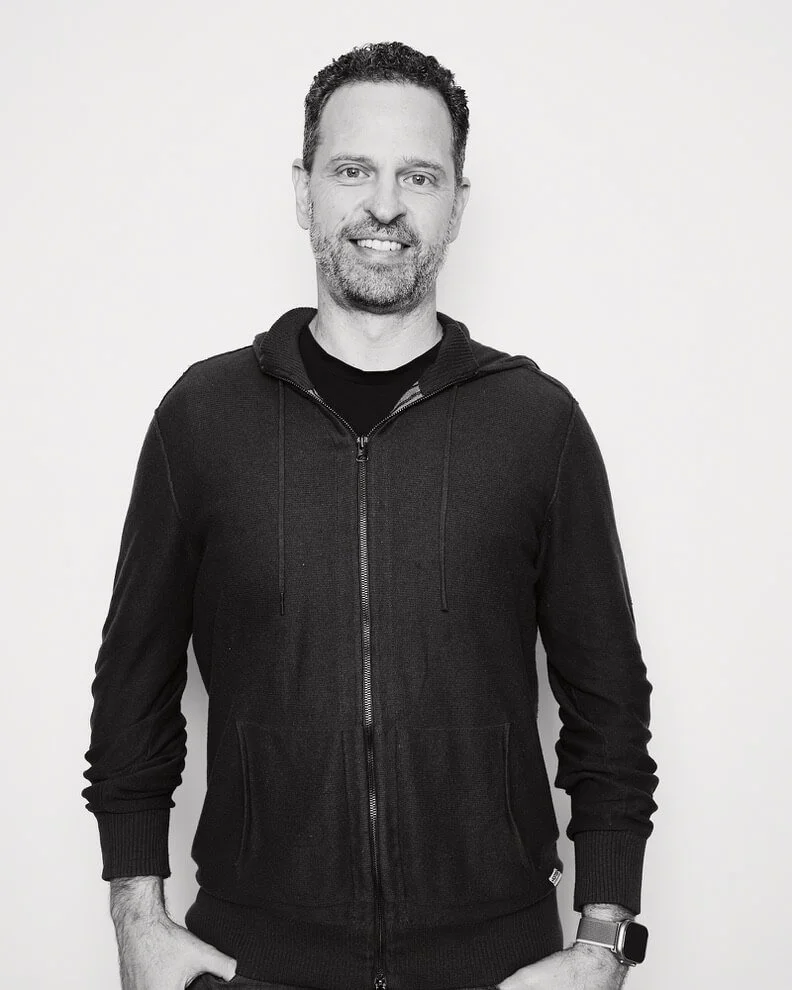I’ve lived in Los Angeles most of my life.
I grew up riding the bus all over the city—watching street artists paint murals on Melrose and lowriders cruise Olympic, spending afternoons on the Venice Boardwalk, catching movies in Westwood, and exploring the long stretch of Ventura Boulevard between my home in Sherman Oaks and my high school in Woodland Hills.
My dad was a social worker, my mom was grinding through grad school, and we lived in a modest apartment. But with a bus pass and some curiosity, you could go anywhere. Every neighborhood felt like possibility.
In the LA of the 1990s, you didn’t have to be wealthy for the city to belong to you.
I left for UCSB in ’99 — Came back in 2005. The next year, I learned I was going to be a dad.
I put my head down and worked — selling wine and spirits to the restaurants, bars, and clubs that give this city its flavor. LA was my market and my teacher. In a few short years, I lived in Van Nuys, Palms, Beverly Grove, Culver City. Life was moving forward.
Then I left for a job in 2012. When I came home in 2018, I thought I was returning to the same city — closer to family, friends, opportunity. But the truth is, opportunity had moved. While I was gone, the median home price in LA had doubled. Homelessness had risen by half. And both kept climbing.
I was doing well. But even then, I was priced out of buying a home.
RVs began lining my street. They shuffle around for clean-up notices, then roll back the next day. A few months ago, there was a shooting at an encampment at the park where my son plays basketball. The tents are still there.
I walk my neighborhood and step over waste. A short walk to the Arts District, where I pass people hunched over from fentanyl, others heating crack pipes in the open. I see once-thriving businesses boarded up. I hear about another shooting. You call 911 and wait on hold. Then you wait again for help that may never come. And after a while—you stop calling.
Because somewhere deep down, you start to believe nothing will change.
That’s the most dangerous thing that can happen to a city. Not crime. Not homelessness. Not poverty. But the corrosive belief that nothing can get better. Well, I refuse to believe that.
I refuse to accept a city where tents on sidewalks are a permanent fixture.
Where a working family can’t dream of owning a home. Where kids grow up thinking unsafe streets and broken streetlights are just the way it is.
I believe in a Los Angeles that works for everyone. Where building homes is an act of love, not an act of defiance. Where we address homelessness with urgency and compassion—safe places on public land with services—so public spaces belong to all of us again.
Where the basics happen: clean sidewalks, safe parks, working streetlights, potholes filled.
Where when you call for help, someone answers—and the help comes. I believe in a city where your kids grow up to find a good job and can afford to live nearby, where clean energy, film, food, and freight create careers, not just gigs. Where owning a small business doesn’t mean battling ten agencies to get one answer.
That’s the Los Angeles we deserve. The Los Angeles we will make happen. Together.


